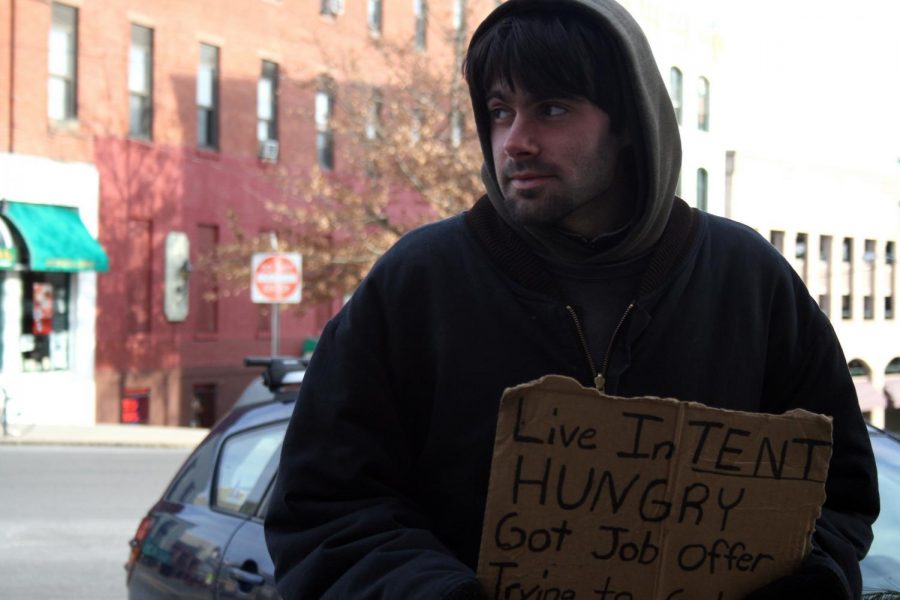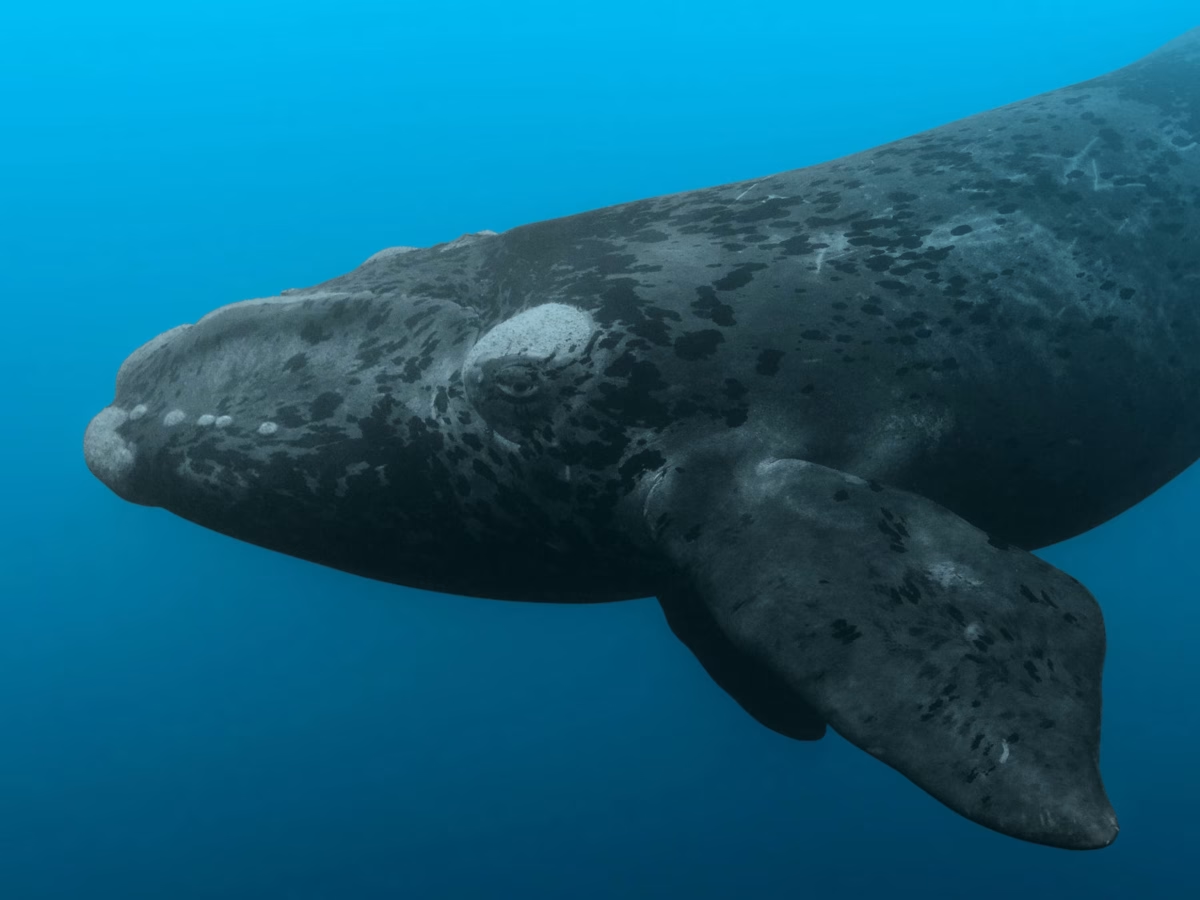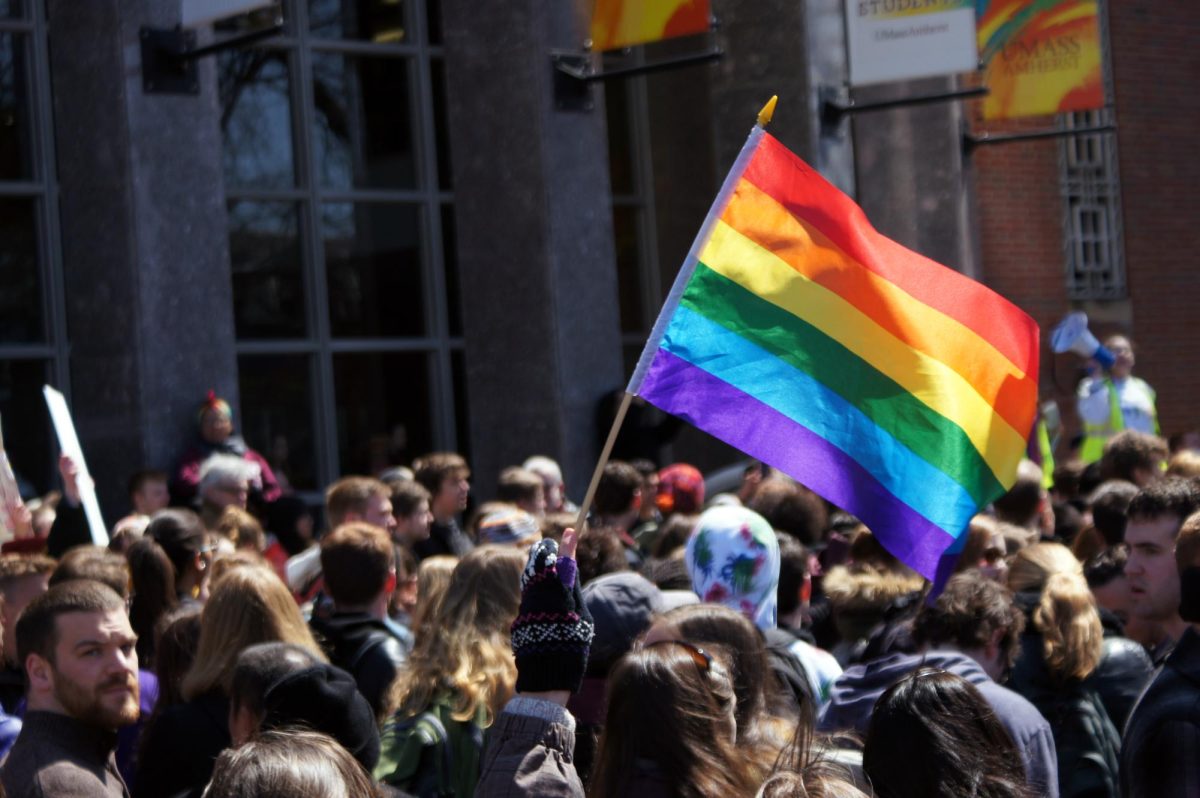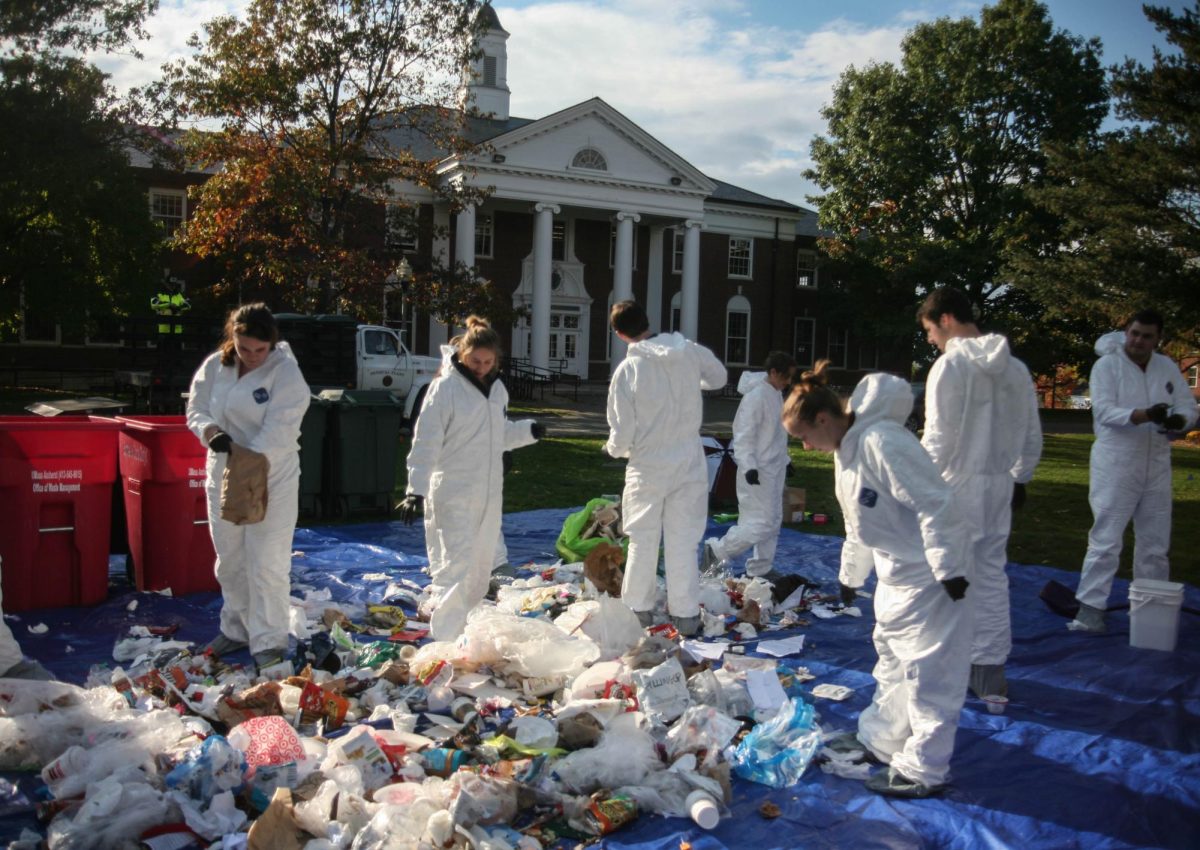The effects of poverty on its survivors are far-reaching – they are altered beyond what is visible. Its effects limit the opportunity of the impoverished to transcend their socioeconomic background. They are caught in an ever-lasting battle with circumstance, impeded by institutional inequality. Prone to poor physical health and mental illness, lacking access to food and often suffering from family dysfunction or homelessness, day-to-day survival takes precedence. In my experience, we, the impoverished, are subject to the theatrical whims of those in control, dehumanized and criminalized by those with the privilege to accept the status quo. The power of poverty to irreparably damage lives should not be understated, and yet some consider it a fashion statement.
The “Golden Goose” Italian shoe brand in the past week has begun to sell taped sneakers, of which are marked by a faded dirt-colored surface and tar-colored edges, evident of the appearance of wear and tear, for the price of $530. The product’s description on their website states that the shoes’ “crumply, hold-it-all-together tape details a distressed leather sneaker in a retro low profile with a signature sidewall star and a grungy rubber cupsole.” This choice capitalizes on the suffering of those who truly live in poverty, selling the appearance of loss to those who have the financial choice and safety to purchase their pain. Glamorizing this situation while ignoring plight of its victims only contributes to the problem through the continued dehumanization of suffering populations. Instead of donating the funds to organizations that support and empower the impoverished, they choose to trivialize a circumstance in which they are complicit in many ways.
July Westhale, an Establishment writer, talks about poverty appropriation from another lens: the Tiny House Movement. She writes, “This background, this essential part of who I am, makes it particularly difficult to stomach the latest trend in ‘simple’ living — people moving into tiny homes and trailers. How many folks, I wonder, who have engaged in the Tiny House Movement have ever actually lived in a tiny, mobile place? Because what those who can afford homes call ‘living light,’ poor folks call ‘gratitude for what we’ve got.’” The “‘re-invention’ of things that have largely been tools of survival for poor, disabled, working class and/or communities of color for decades,” defines this practice; what the rich capitalize on in the spirit of a new trend, the poor use in the name of survival. The choice of Golden Goose to create and profit from seemingly dilapidated shoes at such an expensive price perpetuates this classist practice, normalizing poverty as a fashion trend. Even more so, the shoes are sold out, exemplifying the amount of interest in these items and consequently the need for change.
This is not the first time the company has come under fire for these practices, either. In 2016, they had sold a “superstar taped sneaker,” described as a “distressed leather sneaker,” for $530. Despite the criticism they had received, the company stated that it was “proud to highlight its pioneering role in the booming of the distressed look, one of the current biggest trends in fashion.” The continued sale of the “distressed” shoe insults the experiences of the poor and reinforces a culture of classism and inequality.
As a survivor of poverty, I recognize the lack of choice that those in our positions have in our day-to-day lives, whether that be in terms of access to food, clothing, water, education, transportation, healthcare and more. The image of dirtied and torn shoes — symbolic of unmet need — is reflective of an often-forced reality for those of said socioeconomic reality. Poverty is not a fashion trend. Selling their suffering encourages the dehumanization of the marginalized communities, as their experiences are turned into profits and are marketed to those complicit in economic inequality and classism.
Timothy Scalona is a Collegian columnist and can be reached at [email protected].




















Andrew Pari • Aug 28, 2022 at 1:19 pm
I realize this piece is a few years old now, but it brings sharply to mind the relayed experiences of my father’s travels around the country in his youth.
He hitchhiked, rode the rails, and ran with truckers in his teens and twenties, exploring parts of America you don’t get to on travel packages.
He loved meeting people of all walks, immersing himself in local culture, and reflecting it in his writings and poetry.
One anecdote oft-repeated was about shrimp. The crustacean you’ll pay a premium price nowadays to add to your pasta, salad, or “cocktail.”
He would laugh at this, recounting how saloons in the South had baskets overflowing with local catch shrimp as a “throwaway” to keep drinkers at the bar, much the same way that they’ll now supply peanuts or popcorn.
He said it was considered “trash” food, the snack of the poor and alcoholics.
When I would take him to nicer restaurants, he would often scoff at the wealthy patrons shelling out hundreds of dollars for dishes based around this “sea garbage” as he remembered the locals calling it.
He used life lessons like this to remind me to learn of the origins of trends, to lift the rocks of society, never being fooled by ideas being sold as “hot,” “trendy, or “Uber-fashionable,” because more often than not, there was some form of appropriation happening and to have respect for those humble beginnings.
My father passed a few years ago, but I continue to live his lessons, seeing those $300 “distressed” jeans as a mocking symbol of those in poverty.
Thank you for your article bringing focus to this foolish trend, and leaving me wonder yet again when humanity will wisen to spend this money to lift us all up rather than dress us all up.
Anon • Feb 21, 2019 at 12:10 am
While I don’t have the same experiences and can’t speak for others, I just couldn’t side with the previous comment that poor people aren’t as sensitive as we think they are. Is it wrong to ask if something is offensive to a minority group? Isn’t that better than to assume that they don’t get offended? Doing the latter can be a slippery slope, and can quickly lead to feelings getting hurt and people being silenced.
Also, while I respect everybody’s right to voice their opinion, I felt that I needed to say something about the poverty-by-choice/nature thing. I don’t know where they learned that Asians are genetically smarter. Many Asians tend to excel in academia because their parents were rich enough to afford to travel and start a new life in the United States, and thus were rich enough to afford better education, but even that typically only accounts for those from East Asian countries. One other explanation could be that a lot of East Asian societies revolve around wealth status and thus their education system is much stricter and more hard-wired to produce highly skilled workers. There can be prodigies in Asia just as there are in any other continent, but in either explanation for the overall average IQ, the intelligence is LEARNED, and so the assumption that members of one ethnic group are naturally superior in any way is just… so offensive to so many people, and I believe that it’s these kinds of stereotypes that reinforce the marginalization of minority communities today. There are countless articles on the School-to-Prison pipeline that explores this, in which myriad black students are neglected in educational institutions, stripped from the opportunity to get as good of a job as their white classmates, and thus forced (through capitalism) onto the streets, where they’re told this exact message that they’re where they are because they “aren’t trying hard enough” or that it was because of their own “nature or choice”, leading to internalized oppression and sometimes even psychological damage. So, TLDR, stop stereotyping one race as more or less capable of success than another.
As for the article itself, I thought that this one did a fantastic job explaining the cheapening of the suffering of impoverished people through romanticization, and made me think more about modern mainstream trends like ripped jeans and thrifted clothing. This was a great read, and I hope you write more articles on things like this because it opens up a lot to discussion. Thank you!
Amy • Oct 4, 2018 at 6:42 pm
I was poor; most asians parents were poor immigrants; I am not offended. I think when you bring up issues like this your making poor people out to be different and highly sensitive.
Also your always going on with the narrative its the fault of society or whatever. The fact is many poor people are poor because of nature or choice. Look at asians and compare us to not only every minority but also many white people.. we do better and why is that?
We have genetically high IQs(on average) and work very hard. Therefore very few asians are poor.